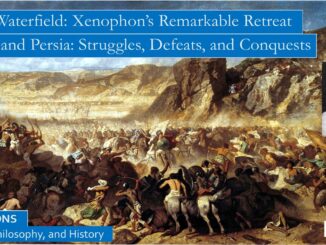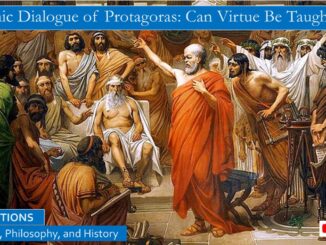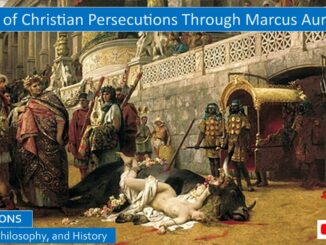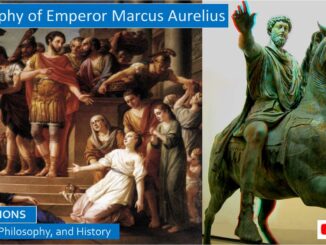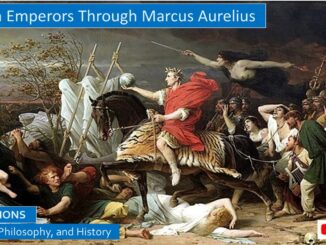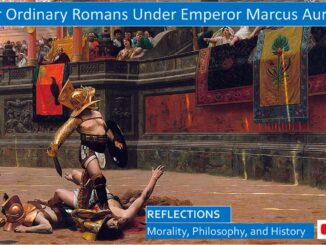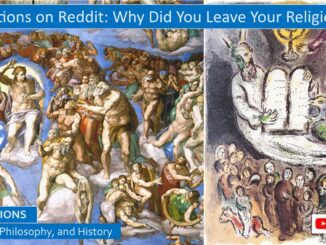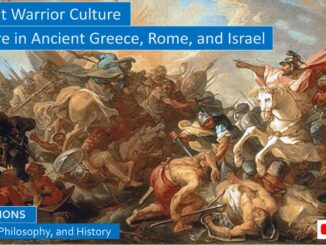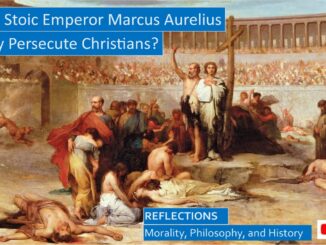
Were the Christians Actively Persecuted by Marcus Aurelius, Stoic Philosopher and Good Roman Emperor?
Today we will reflect on this question: Did the good Roman Emperor and Stoic Philosopher Marcus Aurelius actively persecute Christians? Why wasn’t Marcus Aurelius and other stoics impressed by the martyrdom of Christians in the arena? How could Marcus Aurelius espouse Christian values in his Stoic Meditations, while also including […]

